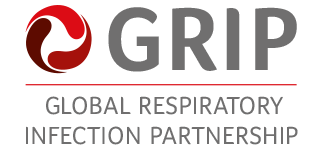Local activations of GRIP messaging
Local activations of GRIP messaging
Since the last GRIP meeting, members have
been working to disseminate GRIP messages
at a local level across the world. Members
were asked to profile some of their
activities, many of which have been
developed in collaboration with RB
representatives at a local level.
